10 Must-Read Modern Novels to Inspire Writers
Today’s guest post is by Christina Kaye
Throughout my career, when I’ve spoken at conferences, conventions, and other book events, I’ve been asked for my single biggest piece of advice for new authors wanting to hone their craft. I can’t take credit for this advice. It’s as old as the written word, I think. And Stephen King famously cites this advice in The Bible for fiction writers: On Writing.
But there’s no avoiding the plain, simple truth that the absolute best way to learn the craft of writing and how to properly write fiction is to read, read, read.
Read as much as you can, especially in your chosen genre. See how the “experts” do it. See how those who have figured out the secret to becoming a successful author write their books.
I take this advice a step further when working with my coaching and editing clients. Often, their “homework” assignment is to choose a book by an author they look up to and want to emulate (not copy) and read it.
But not just read it for leisure. They’re told to sit down with their chosen book(s), a stack of sticky notes, pens, and highlighters. Mark every word, every sentence you read that resonates with them. Watch how the author chooses her words and structures her sentences. Bigger than that, watch how she develops her characters and plot.
Think about it this way: those authors are successful for a reason. It’s not just about luck, folks. Sure, luck may play some small part in an author’s success story, but I truly believe it is much more about talent, practice, and persistence. Look at how your author idol structures his story and how he weaves together an intriguing plot filled with well-developed characters.
True, you have to put your own spin on it and be as original as possible. I’m not saying to commit plagiarism, by any means. Just learn from those who’ve already figured out how to find success.
Author all have different strengths and weaknesses—things they need to work on and get better at. So I developed this list to give you some examples of books that nailed some of the key elements a successful novel must contain. It wasn’t easy to pick just ten books because there are so many masterpieces out there, but after looking through my bookshelf and Audible account, I’ve compiled this list of modern fiction books that I truly believe can inspire every author and help them hone their craft in many different areas.
Nailing “Voice” in Fiction – Where the Crawdads Sing by Delia Owens (2018)
Absolutely, hands-down one of my favorite books of all time, and not just because the story itself is original, intriguing, and unexpected. The voice Owens uses in her narrative and dialogue made me feel as if I had been transported to the marshes of North Carolina in the 1950s. Centering on Kya, a reclusive marsh girl who lives a hard life and falls in love with an educated local boy, this book will serve as the perfect “guide” for any author wondering exactly how to add voice to their novel.
Getting Pacing Just Right – The Chain by Adrian McKinty (2019)
This book revolves around one of the most original plotlines I have ever read, and I’ve read a lot of suspense/thrillers. Based on the concept of those old chain letters and combined with the terror of being forced to commit an unspeakable act to save your own child, this book will keep you hanging on the edge of your seat. But, most importantly, authors can learn a thing or two from McKinty about how to keep the pacing just right and not letting it lag.
A Perfect Ending – 11/22/63 by Stephen King (2012)
This is the book that made me fall in love with the King of Fiction. More dramatic than a lot of his other books, it centers on a man who stumbles upon a time machine and uses it to save President Kennedy from being assassinated. But, in the process, he falls in love with a woman in 1963. The way King chose to wrap up this story was not only satisfying to me as a reader, it’s the only book that ever brought a tear to my eye.
Multiple POVs Done Right – The Alice Network by Katie Quinn (2017)
I don’t read a lot of historical fiction, but this book came highly recommended, so I gave it a go, and I was so happy I did. Set in World War II, it follows the story of three female spies for the British trying to obtain top-secret intel on certain Nazi party members. This book perfectly shows authors how to handle multiple points of view, and the author does an amazing job at giving each POV a distinctive voice.
Perfect Setting Description – Six of Crows by Leigh Bardugo (2016)
I was skeptical about this one when my sister, a children’s book author, recommended I read it. But once I began reading, I was immediately pulled into the fictional world of Grisvaherse. I could visualize everything Bardugo described vividly. The characters are all great, but it’s the scenery and setting that makes this book about a six-person crew planning a heist to save humanity in this completely made-up world. Authors of fantasy who are struggling with world building should absolutely read this book and learn a thing or two.
Character Development – Circe by Madeline Miller (2018)
I kept seeing this book pop up in the “also boughts” on my Amazon account, so I downloaded it on Audible, and I listened to it on a long trip. It tells the fictional story of Circe, a Greek goddess who is exiled to a deserted island by her father as punishment for falling in love with a human man. I chose this one for character development because of the imagination Miller must have had to create these Greek gods and goddesses, their backstories, their personalities, and traits, all of which she had very little to go on from Greek lore. Each character is vividly described, so authors can learn quite a bit about developing characters by reading this book.
Best Dialogue Ever – Beloved by Toni Morrison (2004)
The absolute most haunting story I’ve ever read. This should be on everyone’s bookshelf! I remember years ago when it was an Oprah’s Book Club pick, but I read it years later. It’s about a slave, Sethe, who escapes slavery at age eighteen but is haunted by memories of her time at Sweet Home (the plantation) and her baby who died in infancy and was buried under a tombstone that merely read “Beloved.” The dialogue Morrison assigns to all her characters is so spot-on and poignant, any authors can learn a thing or two from reading this book and seeing how she pulls off dialogue.
Plot Twist Pulled Off – Where’d You Go, Bernadette by Marie Semple (2013)
I wasn’t sure about this one, but it showed up on my “also boughts” after I read Crawdads, so I gave it a go. And I was immediately pulled into the story of Bernadette, a matriarch who vanishes just before her family is set to visit Antarctica. The daughter, Bee, puts together a string of memos, emails, and correspondence to track down her mother, and the ending is one even I did not see coming—and I write twisty suspense every day. Authors wanting to learn how to carry out the perfect twist should absolutely read this novel.
Best Opening Scene – The Night Circus by Erin Morgenstern (2012)
It’s all about figuring out that amazing first line. This one starts out: “The circus arrives without warning. No announcements precede it, no paper notices on downtown posts and billboards, no mentions or advertisements in local newspapers. It is simply there, when yesterday it was not.” This line tells you everything you need to know about this amazing book, which centers around a magical circus that appears, disappears, then reappears in a different location. Words can’t describe it well enough. An absolute must-read.
Building Romantic Tension – Beautiful Disaster by Jamie McGuire (2012)
I hadn’t originally chosen a romance novel for this post, but since there are so many romance lovers out there, I remembered this one, which I read when it first came out a few years ago. At first glance, it’s your typical “good girl falls for bad boy” trope, but this author creates tension between Abby and Travis like I’ve never read before. Even I was feeling the heat reading this one. Any romance authors out there could learn a thing or two about romantic tension by reading this book.
It was not easy narrowing my favorite books down to ten, and I could easily keep going, as there are so many examples authors can read and learn from in order to hone their craft. But I hope these ten novels at least inspire some of you to write your best book.
Remember, these books are all highly successful for a reason. The author figured out a unique way to follow the rules of writing and come up with an original story that speaks to readers everywhere, each with their own strengths. There is no shame in admitting you need help, or that you aren’t perfect in all areas of writing. So, again, I truly believe the best way to learn the craft of fiction writing is to read, read, and read some more.
Christina Kaye is the award-winning, bestselling author of Like Father, Like Daughter, and six other suspense novels. She is also an author coach, book editor, writing instructor, podcast host, and public speaker. She lives in Kentucky with her two rowdy pups and drinks sweet tea every day. Check out her website and connect with Christina on Facebook, Twitter, or Instagram.

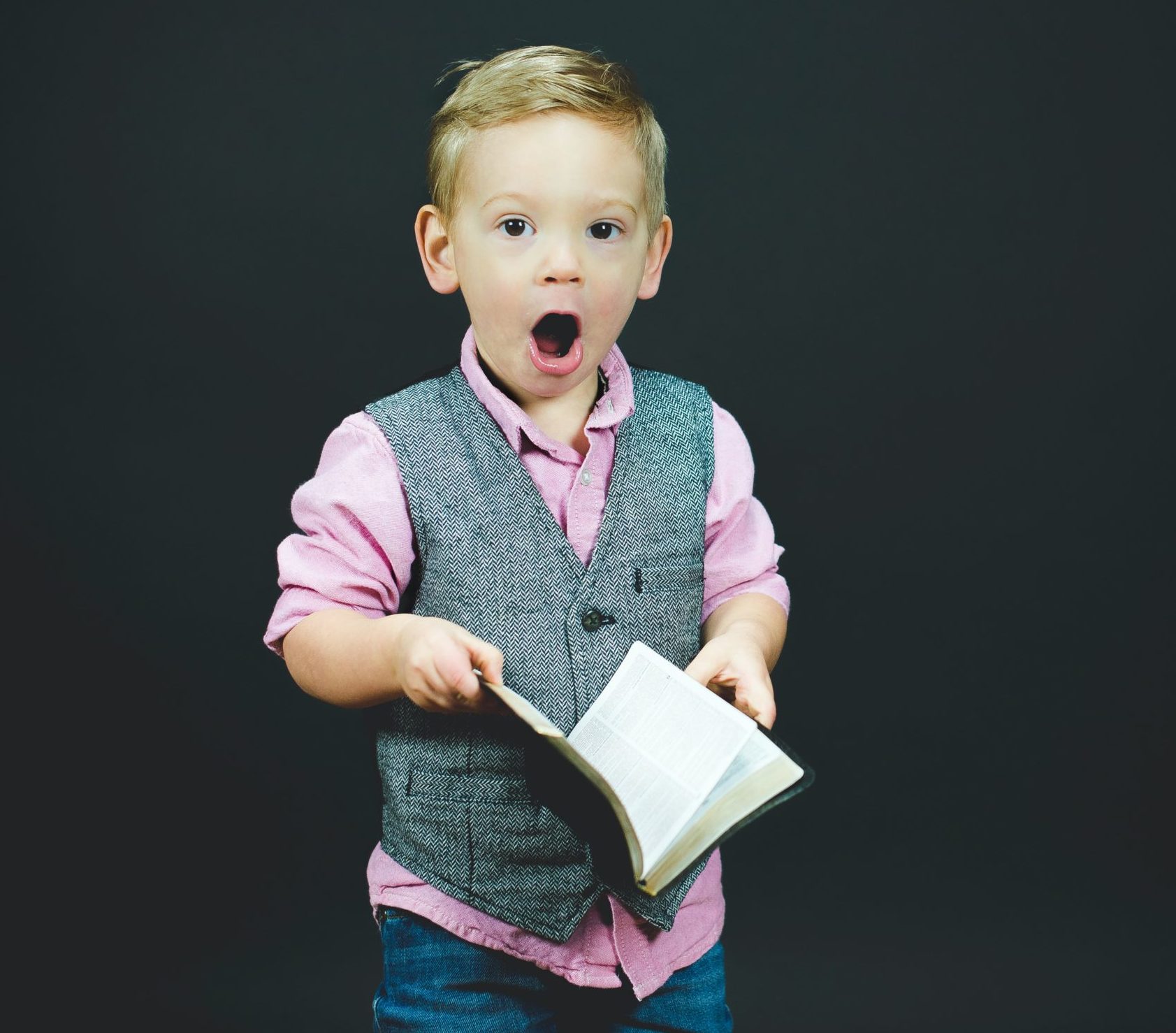
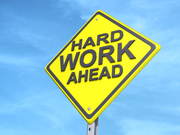
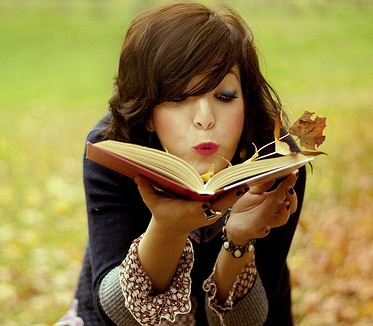
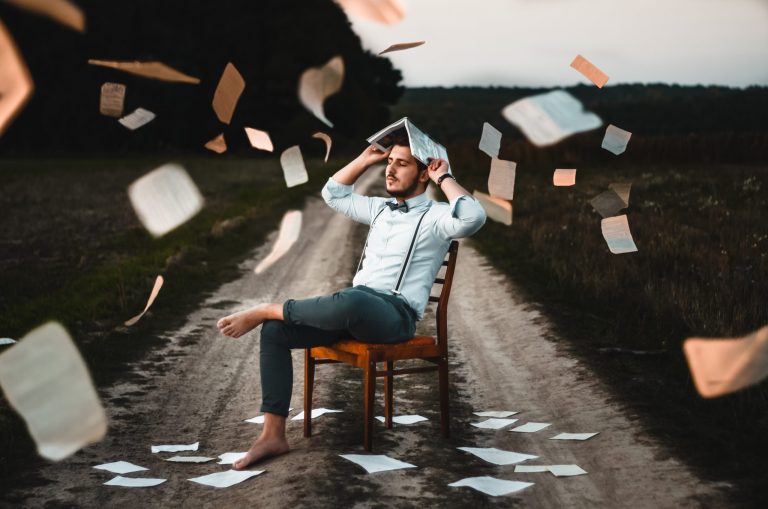


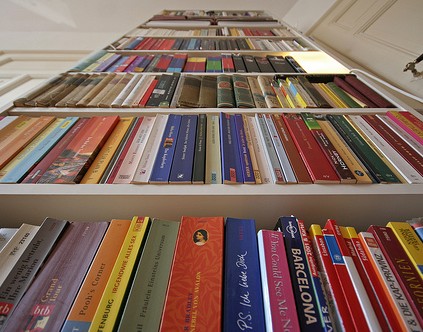




Excellent post. Thank you so much.
Claude